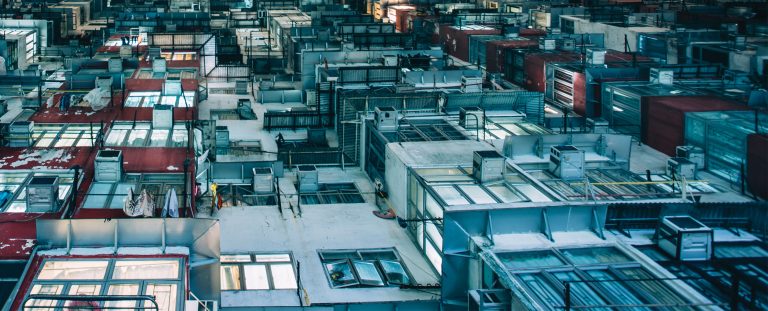The Global Economy in Flux: Why 2025 Feels Like a Turning Point
Introduction: A World at a Crossroads
As we move through 2025, the global economy finds itself at a critical inflection point. While signs of recovery from past disruptions like the COVID-19 pandemic and supply chain chaos are still visible, new challenges—AI-driven labor shifts, geopolitical uncertainty, and persistent inflation—are redefining how businesses, governments, and individuals plan for the future. The question is no longer “when will things go back to normal,” but rather, what does the new normal even look like?
AI and Automation: The Double-Edged Sword
One of the most talked-about forces reshaping the economy in 2025 is artificial intelligence. The release of more powerful generative AI models has disrupted industries from customer service to coding, and companies are rapidly adopting automation to cut costs and boost productivity.
But this shift comes with a catch:
- Many white-collar jobs are being displaced or redefined.
- There’s growing concern over wage stagnation and job polarization—where high-skill and low-skill roles survive, but middle-tier roles vanish.
- Governments are under pressure to upskill workforces and implement universal basic income or AI taxation models to offset potential inequality.
While AI promises growth, it’s clear the benefits will not be evenly distributed—unless policies and corporate responsibility catch up.
Inflation and Consumer Behavior: The Cost of Living Crisis Persists
Despite efforts by central banks around the world to curb inflation, consumer prices remain stubbornly high in key sectors—especially housing, healthcare, and food. Although inflation has cooled from its 2022–2023 peak, many households in 2025 are still struggling.
Key changes in behavior:
- Consumers are trading down, choosing value brands over premium.
- Buy now, pay later (BNPL) platforms continue to grow, as cash-strapped shoppers seek flexible payment options.
- Subscription fatigue is rising, as people cancel services that no longer deliver real value.
This economic stress is reshaping retail, hospitality, and even entertainment—forcing brands to rethink pricing, loyalty programs, and accessibility.
Geopolitical Tensions and Economic Realignment
Global markets are also being reshaped by ongoing geopolitical tensions, particularly between the U.S., China, and the EU. Trade wars, tech restrictions, and a push for economic independence have led to a new wave of regionalization:
- Supply chains are being relocated or shortened (the “China+1” strategy remains popular).
- Countries are investing in domestic manufacturing of semiconductors, pharmaceuticals, and energy tech.
- BRICS+ nations (including Brazil, Russia, India, China, and South Africa with new additions) are proposing alternative trade systems and digital currencies to reduce reliance on the U.S. dollar.
This new multipolar economy may offer more resilience—but also adds layers of complexity and volatility to global trade.
Green Economy and Climate-Driven Investment
One silver lining in 2025’s economic transformation is the explosion of investment in sustainable industries. From EV manufacturing to carbon capture and circular economy models, the shift toward green capitalism is gaining momentum.
Governments and private investors alike are:
- Funding renewable energy infrastructure
- Offering incentives for ESG-compliant companies
- Developing climate-focused startup ecosystems
However, there’s still a race between progress and the environmental clock. While the green economy offers jobs and innovation, it also requires enormous coordination, regulation, and public-private partnership to truly succeed.
Conclusion: Navigating an Uncertain Future with Resilience
The economy in 2025 is complex, uncertain, and rapidly evolving. Technological innovation, consumer adaptation, and global power shifts are changing the rules of the game. While this presents clear challenges—especially for workers and small businesses—it also opens the door to reimagined models of growth, where sustainability, equity, and digital transformation are at the core.
In this new era, economic success will depend not only on profits and GDP, but on how well we adapt, collaborate, and ensure that progress is inclusive.






